-
- container colonna1
- Categorie
- #iorestoacasa
- Agenda
- Archeologia
- Architettura
- Arte antica
- Arte contemporanea
- Arte moderna
- Arti performative
- Attualità
- Bandi e concorsi
- Beni culturali
- Cinema
- Contest
- Danza
- Design
- Diritto
- Eventi
- Fiere e manifestazioni
- Film e serie tv
- Formazione
- Fotografia
- Libri ed editoria
- Mercato
- MIC Ministero della Cultura
- Moda
- Musei
- Musica
- Opening
- Personaggi
- Politica e opinioni
- Street Art
- Teatro
- Viaggi
- Categorie
- container colonna2
- container colonna1
Chiudiamo il nostro appuntamento con le grandi gallerie internazionali con Pace Gallery. Leader del sistema internazionale, Pace venne fondata nel 1960 da Arne Glimcher e attualmente ha 7 sedi nel mondo: due a New York e poi Palo Alto, London, Geneva, Hong Kong, e Seoul. In questi mesi Pace Gallery ha rafforzato la sua presenza online, già molto curata e strutturata prima della pandemia. La galleria è impegnata nella sessione online di Frieze NY, dove ha già venduto opere di Loie Hollowell, Adam Pendelton, Nigel Cooke e molti altri, in contemporanea nella viewing room del suo sito è in corso un solo show di William Monk, che sarà seguito nelle prossime settimane da una serie di mostre, sempre online, di Loie Hollowell, Nigel Cooke, Nathalie du Pasquier e Yin Xiuzhen.
Abbiamo chiesto a Samanthe Rubell, Senior Director di Pace e responsabile delle vendite online della galleria, di raccontarci come stanno affrontando la crisi e quali strategie hanno messo in campo per il futuro.
Potete leggere o rileggere tutte le interviste ai galleristi nella nostra sezione Gallerist.
Segue la versione inglese | Scroll down for the english version
Nelle ultime settimane assistiamo alla proliferazione di iniziative di beneficenza, i primi ad essere chiamati all’azione sono stati gli artisti. Credi che questo modello basato sulla gratuità del lavoro artistico possa creare un precedente rischioso per gli artisti stessi e per il loro mercato?
«In tempi come questi, possono emergere incredibili iniziative di beneficenza. È importante immaginarli per quello che sono, senza implicazioni per il mercato. In Pace, riconosciamo la nostra responsabilità per il bene della società e supportiamo pienamente questi sforzi. Ad esempio, in occasione di Frieze NY, presentiamo un’opera del 1978 di Louise Nevelson. Tutti i proventi della vendita di questo pezzo andranno a N95FforNYC, un’organizzazione di soccorso COVID-19 co-fondata dai membri del team Pace.
Stiamo anche lavorando con l’artista Nigel Cooke per presentare una mostra online di nuove opere che aprirà a metà maggio. Il 100% del ricavato della prima vendita sarà devoluto a NHS Charities Together, a beneficio di pazienti e operatori sanitari interessati da COVID-19».
Quanto pensi che questo momento influenzerà l’economia del sistema artistico?
«Questo è un momento significativo e difficile della storia che richiede cambiamenti fondamentali nel modo in cui facciamo affari e affrontiamo le relazioni con i collezionisti. Dobbiamo correre dei rischi, essere creativi e mantenere alto il coinvolgimento del nostro pubblico.
Come risposta, sono affascinata dalle possibilità di presentazioni multimediali che sono disponibili per noi attraverso il digitale. L’idea di coinvolgere collezionisti che potrebbero non essere in grado di entrare in una delle nostre gallerie e conoscere i nostri artisti è entusiasmante per me. Nelle ultime settimane ho avuto conversazioni con nuovi collezionisti provenienti da territori in cui non abbiamo spazi fisici. Vedo questo come uno dei principali cambiamenti. Ho sempre creduto che le mostre online dovessero integrare l’esperienza fisica di vedere l’arte e non sostituirla. In quanto tale, sono personalmente impegnata nell’idea di avvicinabilità e accessibilità».
Pensi che con le prossime fiere sarà possibile coprire questo margine?
«Le fiere d’arte offrono opportunità nel calendario del mercato dell’arte di lanciare mostre sulla nostra piattaforma. Ad esempio, questa settimana, abbiamo lanciato una mostra di nuovi dipinti dell’artista britannico William Monk, accompagnati dal testo di supporto del curatore di Pace Mark Beasley. La presentazione nella nostra viewing room coincide con Frieze NY.
È accompagnata dalle immagini dello studio di William, un video esclusivo e citazioni relative all’affascinante approccio cinematografico di William Monk. Questi display lavorano in tandem con la nostra presenza in fiera e in questo caso completano la nostra selezione per Frieze. I collezionisti desiderosi di saperne di più sui nostri artisti spesso continuano a esplorare e fare le loro ricerche attraverso i nostri canali dopo aver trascorso molto tempo nelle sale espositive della fiera d’arte.
Il ritorno delle fiere d’arte fisica è un’altra questione. Dipenderà giustamente dalla sicurezza e dalla capacità di riunirsi in massa e su questo punto, stiamo tutti aspettando i nuovi consigli dell’Organizzazione mondiale della sanità».
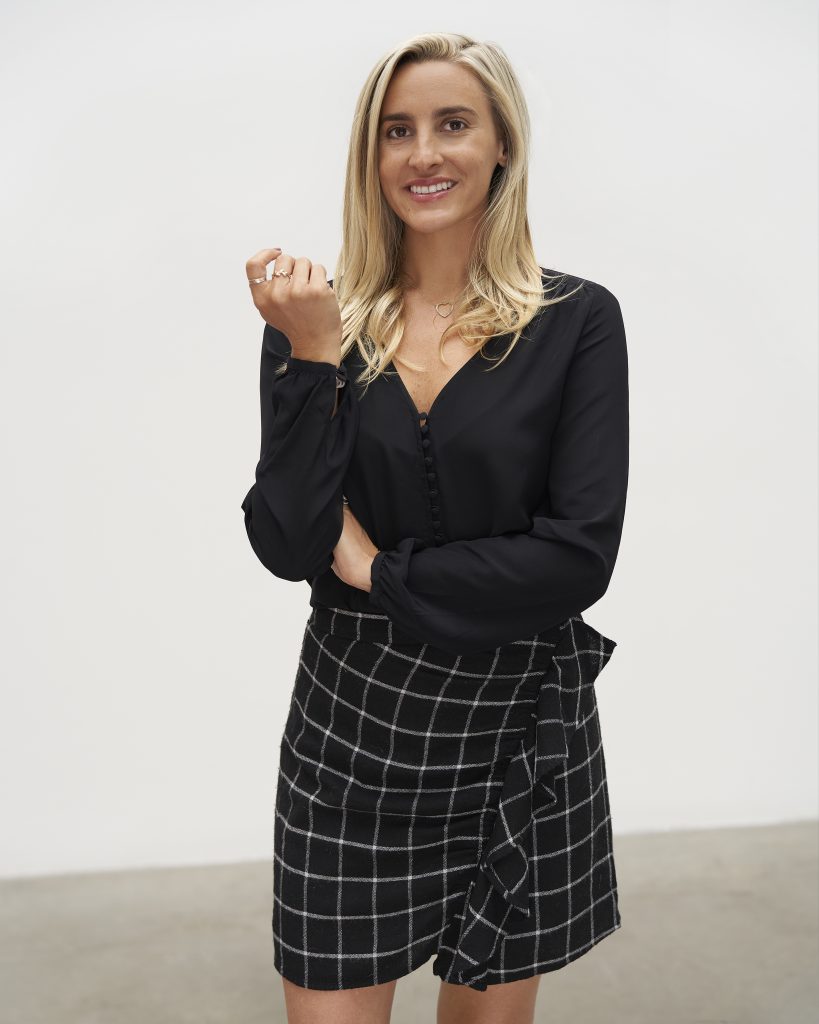
Quale pensi sia il pericolo maggiore che il sistema artistico dovrà affrontare e quale può essere il lato positivo di questa situazione?
«Ogni singolo attore dell’economia dell’arte è colpito dalla crisi. Questo momento porta indubbiamente un senso di solidarietà e un desiderio di collaborazioni. Pace ha una lunga storia di collaborazione con una rete di altre gallerie; ad esempio David Kordansky, Kayne Griffin Corcoran, Grimm Gallery e Peres Projects. Per la recente edizione di Frieze Los Angeles del febbraio 2020, oltre a una mostra a Londra, Pace Gallery e Kayne Griffin Corcoran hanno presentato una coinvolgente mostra di opere di James Turrell attraverso lo stand di entrambe le gallerie. Ha avuto molto successo e ha chiarito come la collaborazione sia al centro della visione di Pace. Continueremo a condividere la rappresentanza e le buone pratiche degli artisti con questi partner per migliorare la carriera degli artisti e offrire loro la massima visibilità.
Continuare a portare cultura e arte nella nostra comunità globale è essenziale per me, soprattutto quando siamo tutti desiderosi di esperienze condivise e un senso di unità. Credo che gli artisti siano interpreti di ciò che sta accadendo nel mondo e che i momenti di poesia, introspezione e riflessione che offrono possono aiutare il processo di guarigione»
Quale area del mondo pensi che tornerà per prima a investire di nuovo nell’arte?
«Le attività in Asia sono state colpite per prime dalla crisi, ma ora stiamo assistendo a segnali di rinnovamento in questi mercati. Questo è un processo logico. La nostra galleria a Seoul non ha mai chiuso e la nostra mostra di Fred Wilson, aperta al pubblico fino al 16 maggio con un rigoroso protocollo di salute e sicurezza, sta vedendo un numero crescente di visitatori. Il prossimo giugno apriremo una mostra collettiva dal titolo Bending Light con artisti di Light and Space. Stiamo anche ascoltando feedback positivi e incoraggianti da parte dei nostri colleghi di Hong Kong sul ritorno del mercato.
In risposta alla tua domanda, non si tratta tanto di geografie ma della fiducia che i collezionisti hanno riposto in noi nel corso dei nostri 60 anni di storia. Sono fedeli alla nostra reputazione di eccellenza e questo si traduce anche online. Il processo di acquisto online non è diverso dall’acquisto di opere dalle gallerie fisiche o dalle anteprime che inviamo ai nostri collezionisti prima di una mostra, quindi i compratori continuano ad essere fedeli».
Every single actor of the art economy is affected by the crisis. This moment undoubtedly brings a sense of togetherness and a desire for collaborations.
We close our appointment with the big international galleries with Pace Gallery. Leader of the international system, Pace was founded in 1960 by Arne Glimcher and currently has 7 offices worldwide: two in New York and then Palo Alto, London, Geneva, Hong Kong, and Seoul. In recent months, Pace Gallery has strengthened its online presence, which was already well cared for and structured before the pandemic.
In these days the gallery is engaged in the online session of Frieze NY, at the same time in the viewing room of its site there is a solo show by William Monk, which will be followed in the coming weeks by a series of exhibitions, always online, by Loie Hollowell, Nigel Cooke, Nathalie du Pasquier and Yin Xiuzhen.
We asked Samanthe Rubell, Senior Director at Pace, and online sales manager of the gallery, to tell us how they are facing the crisis and what strategies they have put in place for the future.
You can read or re-read all the interviews with gallery owners in our Gallerist section.
In recent weeks we are witnessing the proliferation of charity initiatives, the first to be called to action were the artists. Do you believe that this model based on the gratuitousness of artistic work can create a risky precedent for the artists themselves and for their market?
«In times like these, amazing charitable initiatives can emerge. It is important to envisage them for what they are, without market implications. At Pace, we recognize our responsibility for societal good and fully support these efforts. For example, to coincide with Frieze NY, we will be presenting a 1978 work by Louise Nevelson. All the proceeds from the sale of this piece will go to N95FforNYC, a COVID-19 relief organization co-founded by Pace team members. We’re also working with artist Nigel Cooke to present an online exhibition of new works opening mid-May. 100% of the proceeds of the first sale will be donated to NHS Charities Together, to benefit patients and healthcare workers affected by COVID-19».
How much do you think this moment will affect the economy of the art system?
«This is a significant and difficult moment in history which prompts fundamental changes to how we do business and approach relationships with collectors. We must take risks, be creative and keep engagement with our audiences high.
As a response, I am fascinated by the possibilities for multi-media presentations that are available to us through digital. The idea of engaging collectors who might not be able to walk into one of our galleries and learn about our artists is exciting to me. In the past few weeks, I’ve had conversations with new collectors from territories where we don’t have physical spaces. I see this as one of the main changes. I’ve always believed that online exhibitions should complement the physical experience of seeing art and not be in lieu of it. As such I am personally committed to the idea of approachability and accessibility».
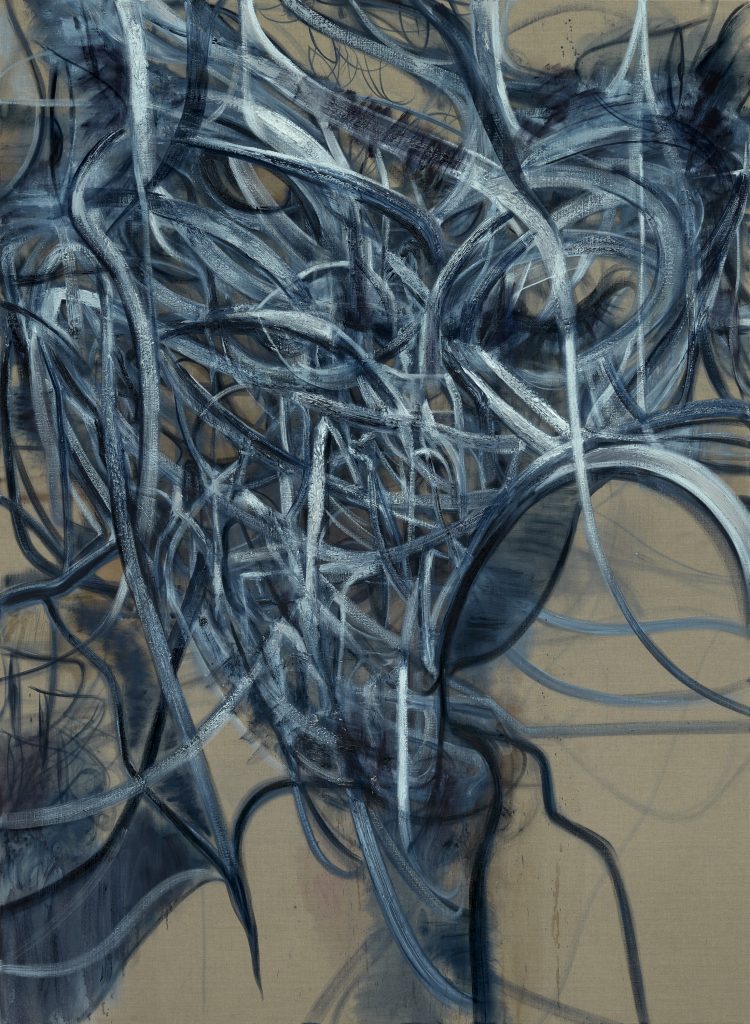
Oceans, 2020
oil and acrylic on linen
88-9/16″ × 64-9/16″ (224.9 cm × 164 cm)
No. 75147
Do you think that the with next fairs will it be possible to cover this margin?
«Art fairs provide opportunities in the art market calendar to launch exhibitions on our own platform. For example, this week, we launched an exhibition of new paintings by British artist William Monk, accompanied by supporting text from Pace Curatorial Director Mark Beasley. The presentation on our viewing room coincides with Frieze NY. It is contextualised with images of William’s studio, an exclusive video, and quotes which relate to William Monk’s fascinating cinematic approach. These curated displays work in tandem with our art fair presence and in this case, complements our selection for Frieze. Collectors eager to learn more about our artists often continue to explore and do their research through our own channels after spending significant time on the art fair viewing rooms. I will also say that the return of physical art fairs is another question. It will rightfully depend on the safety and ability to mass gather and on this point, we are all waiting for the World Health Organisation’s new recommendations».
What do you think is the greatest danger that the art system will face and what can be the positive side of this situation?
«Every single actor of the art economy is affected by the crisis. This moment undoubtedly brings a sense of togetherness and a desire for collaborations. Pace has a long history of collaborating with a network of other galleries; David Kordansky, Kayne Griffin Corcoran, Grimm Gallery, and Peres Projects for example. For the recent February 2020 edition of Frieze Los Angeles, in addition to a solo-London show, Pace Gallery and Kayne Griffin Corcoran co-presented an immersive exhibition of work by James Turrell across both galleries’ art fair booth. It was very successful and illuminated how collaboration is at the core of Pace’s vision. We will continue to share artists’ representation and good practice with these partners to leverage artists’ careers and give them maximum exposure.
Continuing to bring culture and art to our global community is essential to me, especially when we are all eager for shared experiences and a sense of unity. I believe that artists are interpreters for what is going on in the world, and the moments of poetry, introspection, and reflection they offer, can help the healing process».
Which area of the world do you think will return first to invest in art again?
«Activities in Asia were first impacted by the crisis, but we are now seeing signs of renewal in these markets. This is a logical process. Our gallery in Seoul never closed and our Fred Wilson exhibition, open to the public until 16th May under a strict health and safety protocol, is seeing a growing number of visitors. We are opening a group show Bending Light an exhibition featuring works by Light and Space artists next June. We’re also hearing positive and encouraging feedback from our colleagues In Hong Kong about the market there returning.
In answer to your question, it is not so much about geographies but about trust collectors have placed in us over our 60-year long history. They are faithful to our reputation for excellence and this translates online too. The process of buying online is no different from buying works from the physical galleries or from previews we send to our collectors ahead of an exhibition, so buyers continue to be loyal there».





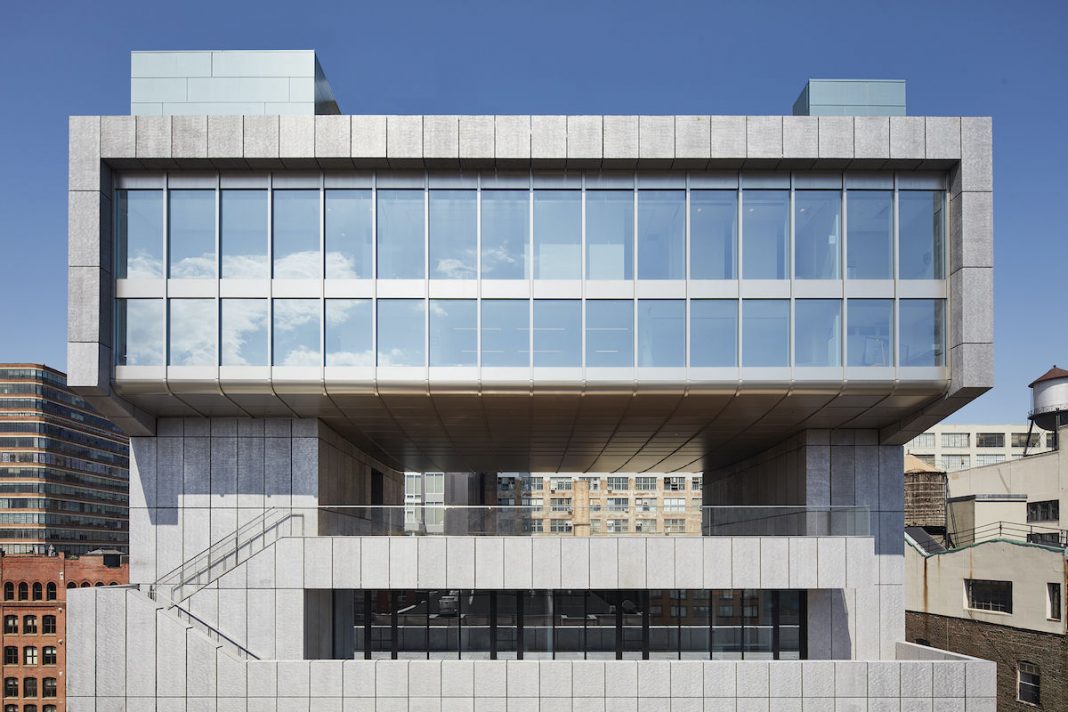
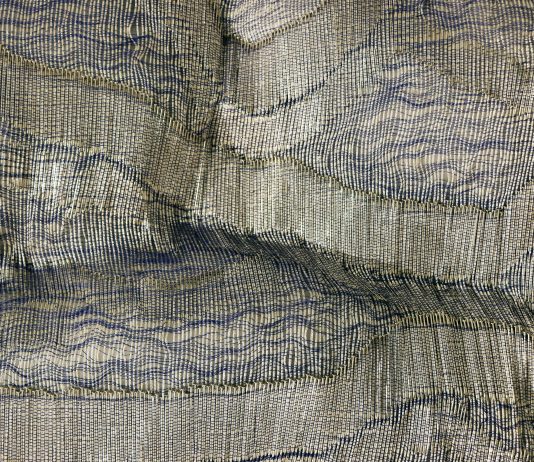
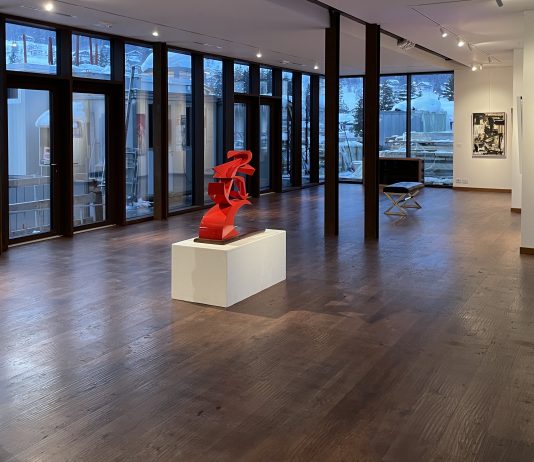
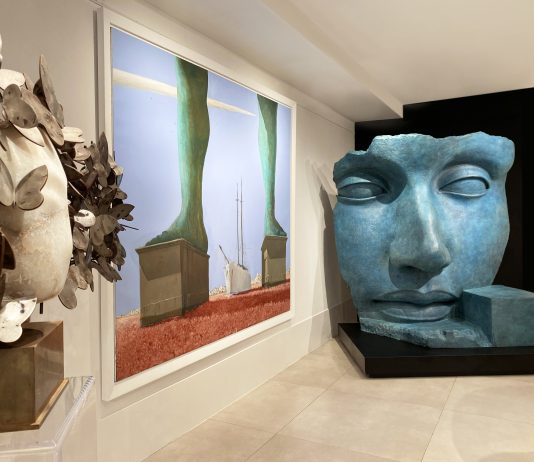
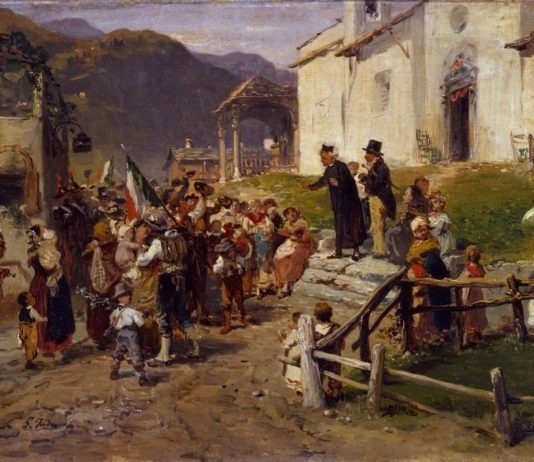
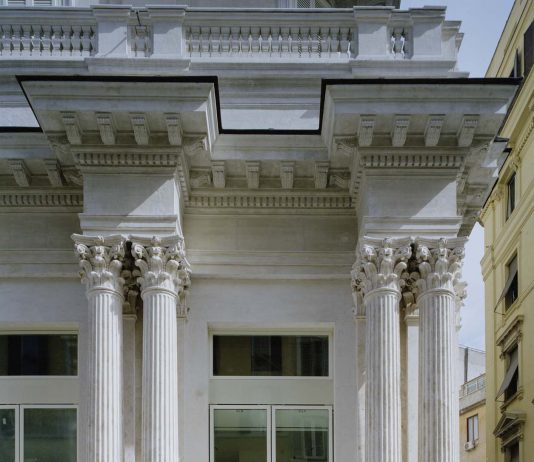





_1.jpg)




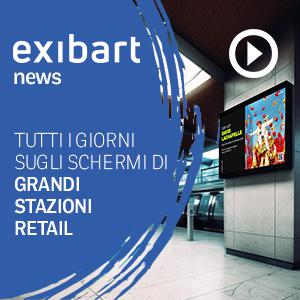
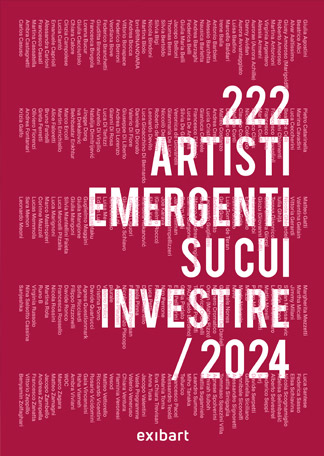
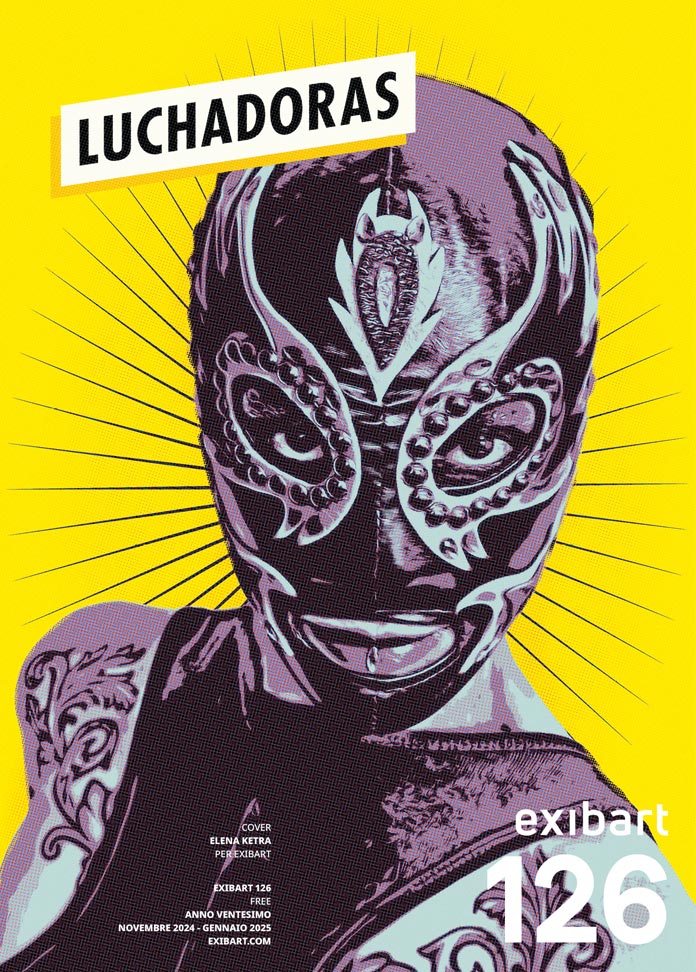

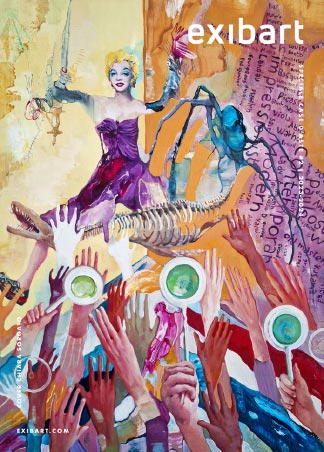
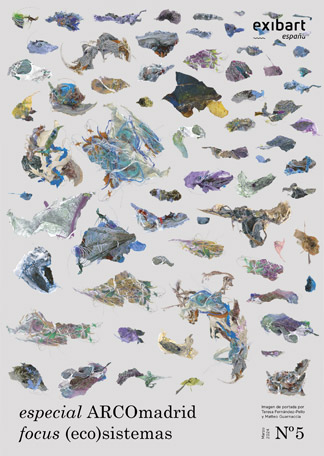
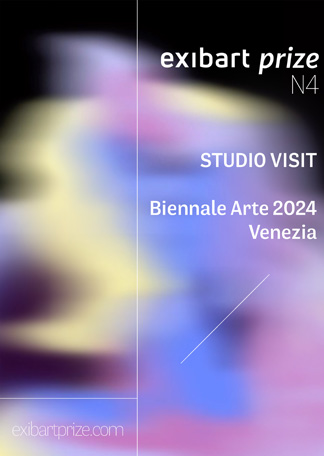
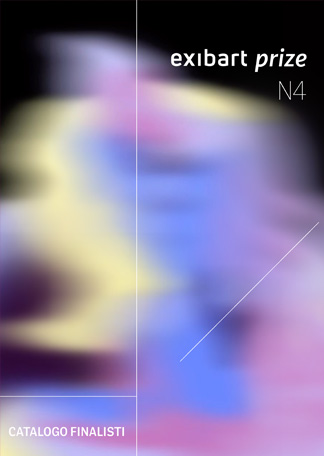
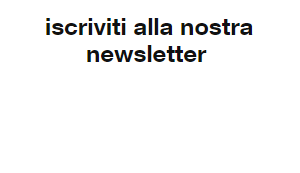
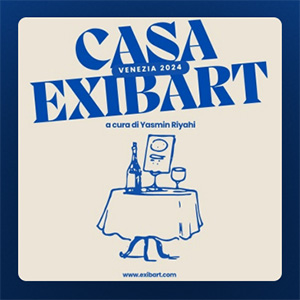

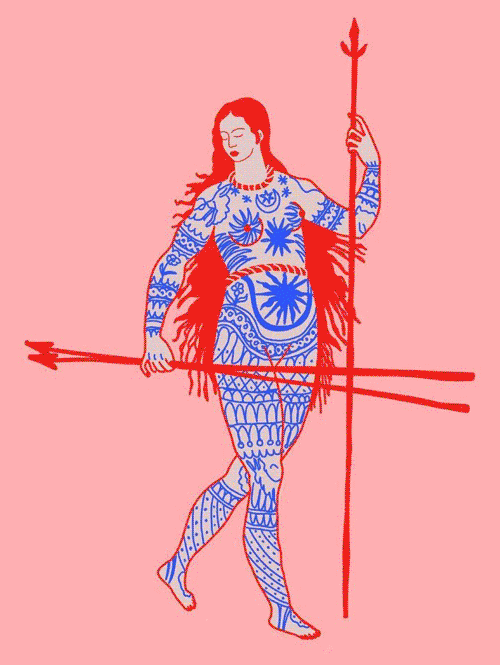


Buongiorno, chiedevo gentilmente se posso far vedere le mie opere pittoriche, dal mio sito personale ( anche in inglese )
Grazie mille
Cordiali saluti
JAMES HEEL
http://www.jamesheel.it